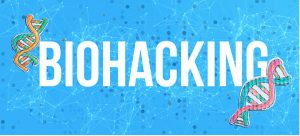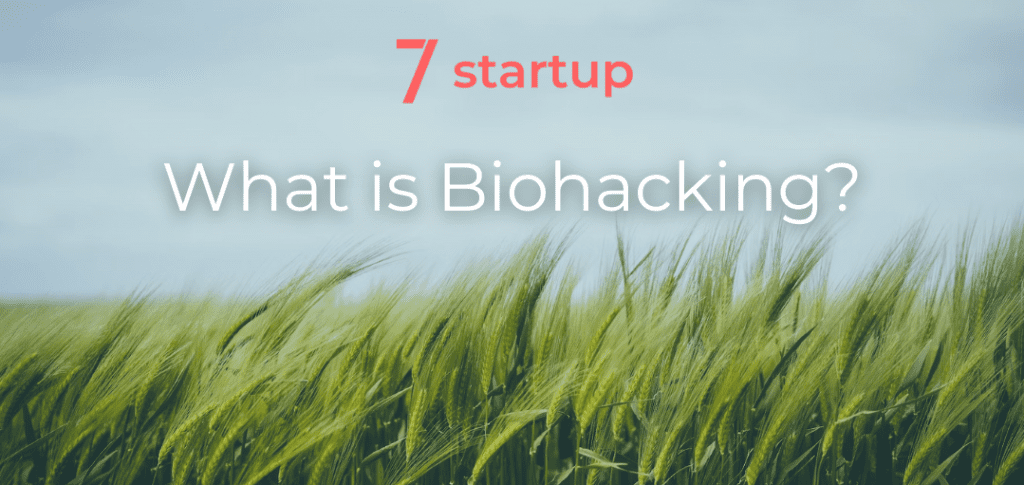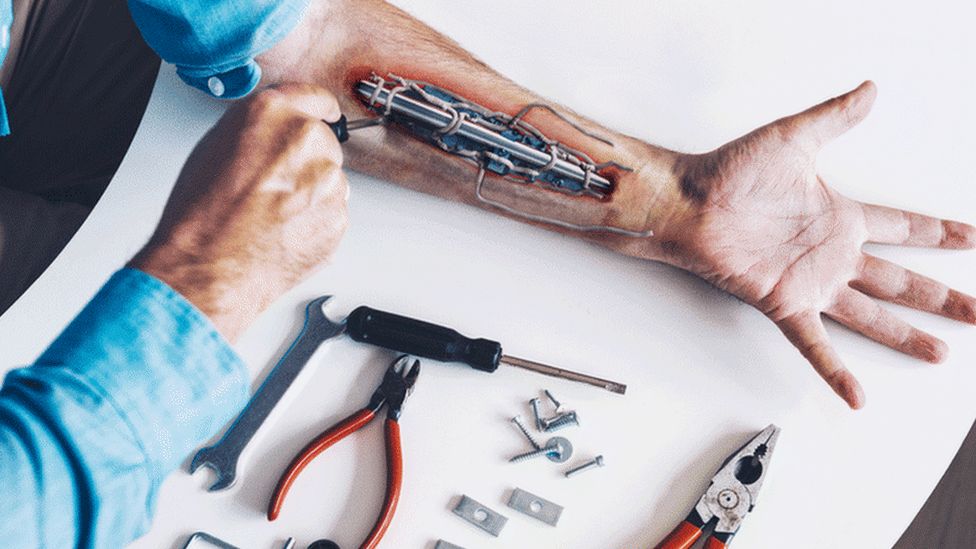Biohacking has a frightening connotation, conjuring up thoughts of invasive medical procedures and apocalyptic futures. Biohacking is one branch of transhumanism, according to Vox, and is a movement based on leveraging modern science to transcend the human experience.
Biohackers, at their heart, are people who use science and technology to learn more about and enhance their bodies.
Biohacking isn’t a new concept in terms of philosophy. Over the millennia of human civilisation, it has taken many shapes. You may think of ancient societies’ witch doctors as a type of biohacking, as they used natural herbs and remedies to boost stamina and virility.
Biohacking is the most recent buzzword to express our fascination with bettering our bodies.

How Did Biohacking Gain Popularity?
Participation in the initiative by well-known tech personalities helps a ton.
Square’s CEO, Jack Dorsey, is a self-described biohacker. Dorsey tries calorie limits such as intermittent fasting and eating only one meal each day.
Dorsey claims that the fast improves his mental acuity. In a CNBC profile, the tech CEO said:
“During the day, I feel so much more focused…You have this very focused point of mind in terms of this drive.”
Biohacking is, at its core, a sort of empowerment that restores a sense of control over one’s health.
The fact that anyone may be a biohacker sets it apart from other health approaches. It is not necessary to have a PhD to be a biohacker, and it dismantles the institutional barriers that have erected around Western medicine and returns to the spirit of traditional home medicines.
What are the Different Types of Biohacking?
Although, there are many types of biohacking, but the three most well-known types are nutrigenomics, DIY biology, and grinders.
Biohack your DNA
Nutrigenomics
Nutrigenomics, the study of food’s impact on gene expression, challenges the notion of fixed genetic predisposition. However, its advocates refuse to accept genes as a one-way street, where they influence our diet but not vice versa.
Believing that food can modify genes, nutrigenomics emphasizes diet as a preventative action to overcome genetic propensity. On a microscopic level, they embrace the slogan “you are what you eat.”
Moreover, this concept aligns with a progressive healthcare approach that prioritizes prevention over therapy. Yet, scientists ponder how diet modification truly impacts genes.
Following the 1990s Human Genome Project, nutrigenomics rapidly advanced. Through DNA mapping, diets can be customized based on genetic predispositions, often termed “personalized nutrition.”
Although the science of personalized nutrition is still evolving, it gains traction by incorporating modern gene testing kits into dietary foundations.
As the cost of these testing kits decreases, accessing genetic maps in relation to food will become more widespread. In the near future, gene-tailored diets may be commonplace as people store their genetic maps on their phones, integrating them into their daily lives.
Biohacking is a new buzzword
DIY Biology
DIY biology began as a movement of people with advanced degrees trying out their experiments in their homes’ uncontrolled setting. These biohackers carry out their biohacks using systematic experiments, and this is commonly referred to as “garage biology.”
However, the movement ultimately began to adopt more egalitarian beliefs, arguing that higher degrees should not be a barrier to people conducting their own experiments. To be a DIY biologist, the sole condition should be a simple curiosity in science – a notion that appeals to the utopian idealist in every scientist.
Simply put, DIY biologists promote open access to resources that can aid in the monitoring of our health and environment.
The emergence of DIY biology is directly related to technological advancements and cheaper access to that technology, with the smartphone serving as the hub of the ideology.
And DIY biologists want everyone to know that anyone may be an amateur scientist who caters to a hobbyist audience.
Whereas supporters of nutrigenomics want genetic information to be a service we all utilise in our doctor’s consultations and nutrition programmes, DIY biologists want to cut out the middleman and give everyday people the scientific tools they need to map out their own DNA.
A PCR apparatus, a laboratory technique used to amplify tiny segments of DNA, is one of these tools. It enables people to examine their own DNA in more depth.
Fortunately, the cost of biotechnology continues to fall, but this is only half of the solution. The other issue is simplicity: how can we make biotechnology accessible to the average person without requiring professional training or a graduate degree in biology?
How can biohacking help you?
Grinder
Biohacking’s popular sci-fi and cyberpunk identities can be credited to a tiny underground group of biohackers known as “grinders.”
Grinders are recognised for their radical body modifications, which are similar to body piercings. They avoid using the word “surgery” in order to avoid attracting the attention of federal regulators.
If you hear of someone implanting a chip or magnetic implant in their body, it’s likely that they’re a grinder.
Grinders’ objectives frequently include anti-establishment rhetoric.
Members of the movement express a strong desire to be free of the profit-driven capitalism atmosphere created by federal regulators and Big Pharma in the healthcare industry.
Grinders talk about their quest to democratise health in much the same manner as DIY biology enthusiasts do, albeit with a more anarchic flair.
The biggest distinction between grinders and other biohackers is their ardent ambition to become a cyborg. Apart from their more “cyberpunk” appearance, this sets them apart from other biohackers. Grinders seek implanted technology for body enhancement, while nutrigenomics adherents aim to modify existing biology. They are among the many biohacking groups that experiment with some of the riskiest biohacking techniques
Grinders have received the most media attention, and some may say that they have tarnished the biohacking community. However, their mindset is fairly similar to that of the general public; they simply play with the borders of safety more than other groups. Biohacking for beginners can be dangerous
Is Biohacking Dangerous? 
If you’re thinking of diving into biohacking but are unsure where to start, then you should be aware of the potential dangers. The dangers of biohacking all depend on what kind of biohacking you’re doing. The dangers are of course higher in the more extreme variants. However, the hazards associated with young donor plasma infusions, for example, raise major public health issues. Consumers should avoid getting plasma from young donors, according to the FDA, because “there is no documented therapeutic benefit of infusion of plasma from young donors…”.
To perform biohacking, is to hack your body to better your health and improve your life
Is There Any Actual Science Behind Biohacking?
Biohacking isn’t only about doing experiments. Solid scientific evidence backs up many sorts of biohacking.
For instance, Meditation, is a type of biohacking because it is an external practice that can optimise the mind’s function. Years of research has backed Meditations promise.
The Journal of Work released a meta-analysis review. It had the highest weight of evidence, showing how mindfulness meditation reduces stress, anxiety, and depression.
To be a biohacker, you don’t have to turn yourself into a human guinea pig. Several biohacking interventions based on well-researched human subjects. Several human clinical trials should be found to support interventions. Systematic reviews and meta-analyses, often known as the study of studies, are always the safest bets.

Amit Khanna, 7startup Founder
Amit has 18 years of experience in the industry and an MBA. He supports entrepreneurs with every aspect of their business including concept and product development, investor presentations, and fundraising. Amit & 7startup assist startups in the pre due-diligence process and help connect them to our vast network of investors. Reach out to us today and see if we’re a fit!





